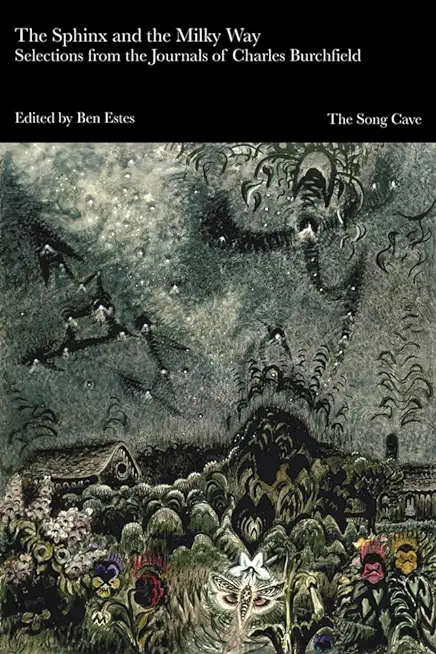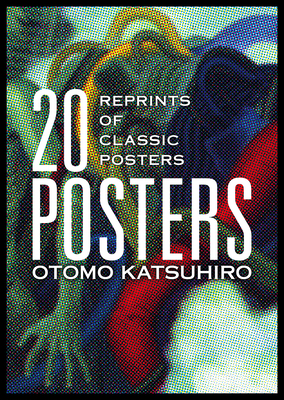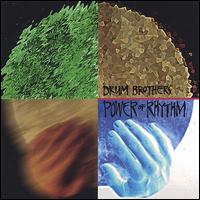
Burchfield, Charles
In the early years of the 20th century, Charles Burchfield painted mystic and visionary landscapes, and with some of his contemporaries, including Edward Hopper, Georgia O'Keeffe and Grant Wood, can be seen to have built the foundations of a particularly North American sensibility that critic Dave Hickey said "continues to evoke an unrepentant, gnostic vision of this vast, rolling, abandoned continent--America without Europe--America without Americans--a massive, alluring kingdom."
For nearly his entire life, Burchfield also kept a journal. Over 54 years, he filled nearly 10,000 pages. To call this journal epic would be an understatement. A masterpiece whose bulk has remained unread, it is a handwritten tome that combines elements of the American nature journal with a dash of 19th-century spiritual autobiography. It is a record of a man who spent much of his life looking at and considering the sky.
In this comparatively small selection pulled from the original 62 volumes, we find Burchfield writing about sitting in the grass with his wife to nap and watch the sunset. He writes about the elation he feels at seeing the first flowers in the spring. He writes about the rain, wind and sun. There's the resentment of having a job; the depression that sneaks in as he gets older; sometimes, too, he writes about the state of human progress; and occasionally, thoughts about God. It is the tender record of a life devoted to the essences of earthly beauty.
Best known for his romantic, often fantastic depictions of nature, watercolorist Charles Burchfield (1893-1967) developed a unique style of watercolor painting that reflected distinctly American subjects and his profound respect for nature.







